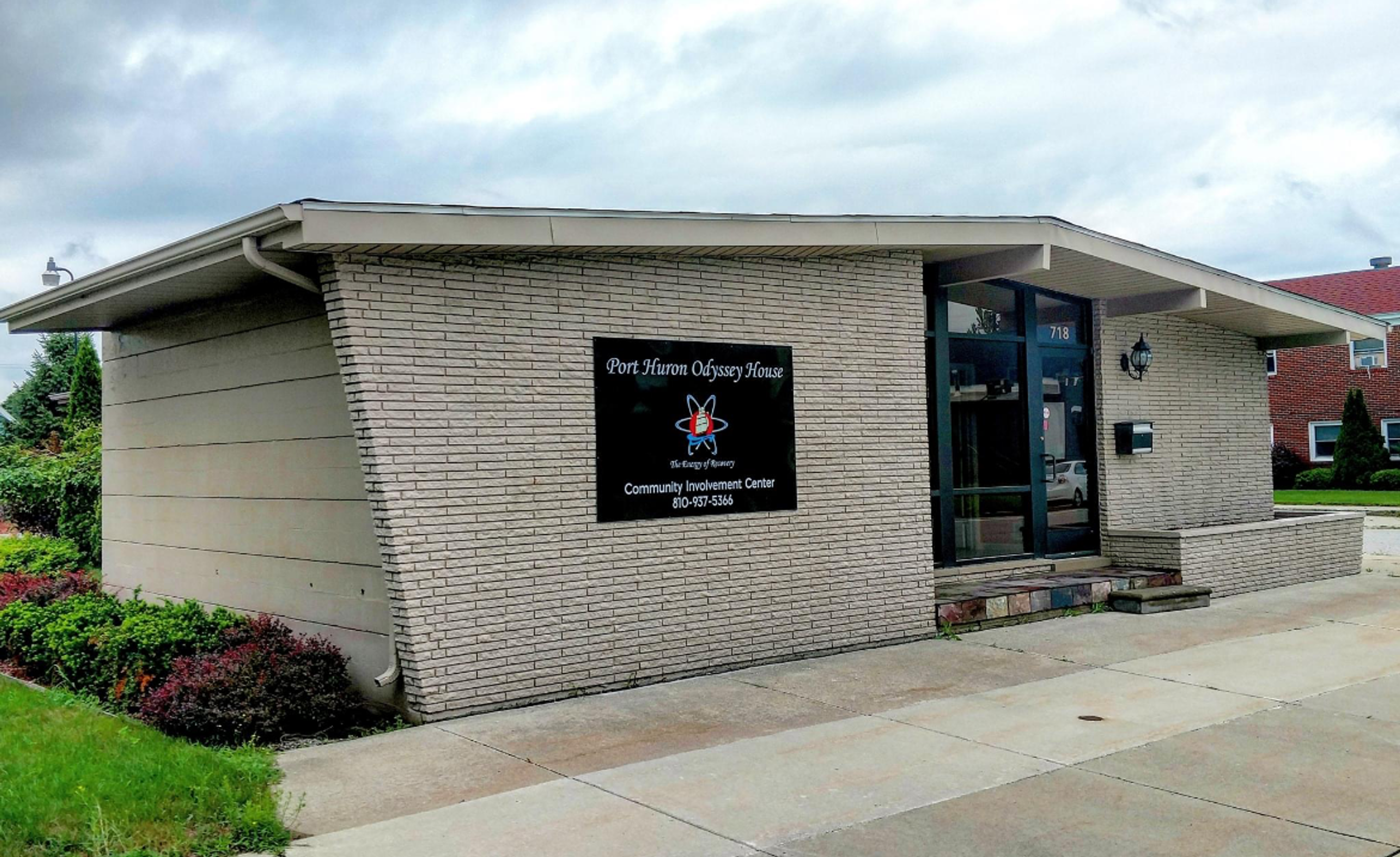Key to Reducing Readmissions? Access to Follow-Up Care
Julie Bitely
| 3 min read

One out of five emergency department (ED) patients return to the hospital within one month of being discharged. While some return visits are necessary, many can be prevented if patients have access to proper follow-up care. Strategies aimed at reducing hospital admissions through improving access to follow-up care could result in a decrease of nearly $17 billion in hospital costs each year. Emergency department physician, Dr. Adrianne Haggins, lecturer at the University of Michigan, and Dr. Amber Sabbatini, assistant professor at the University of Washington, sought to examine follow-up access to care for emergency patients in the state of Michigan in 2013, prior to implementation of Michigan’s Medicaid expansion, the Healthy Michigan Plan. The effort was funded by a grant from the Blue Cross Blue Shield of Michigan Foundation. Emergency department physicians are the decision makers behind nearly half of all hospital admissions, therefore the study team focused on getting their perceptions on barriers patients face in accessing follow-up care. Haggins explains that while some patients can be discharged with instructions to follow up with their normal doctor or specialist, many patients don’t have access to primary or specialty care. Patients may be uninsured or underinsured, or face other social factors that make it difficult to access follow-up care. While those patients may not be dangerously sick, an emergency doctor may decide they need to be admitted in order to ensure they get the necessary care to recover. “Those are the patients we debate over how best to care for them,” Haggins said. The study team identified differences in insurance status and whether the patient had a primary care doctor. They also asked ED directors which specialists patients had the most difficulty accessing, and compared responses to public databases that catalog available health care providers and resources. Haggins anticipates this research will provide insight into the challenges of ensuring patients – especially underinsured or newly insured patients – have access to care outside of emergency departments. Haggins said the results of this research might also reveal the need for additional incentives to enhance primary and specialty care access for patients. The Blue Cross Blue Shield of Michigan Foundation supports research and programs to improve the health of Michigan residents. No grant money comes from the premium payments of Blue Cross Blue Shield of Michigan members. To learn more about BCBSM Foundation grant programs, visit bcbsm.com/foundation. If you liked this post, you might also enjoy:
- Grant Will Help Reduce Reliance on Emergency Room Care for Low-Income Genessee County Residents
- A Guide to the ER: When to Go, When Not to Go
- Why Coordination of Care Matters to Everyone in Michigan
Photo credit: Andrew Lee





